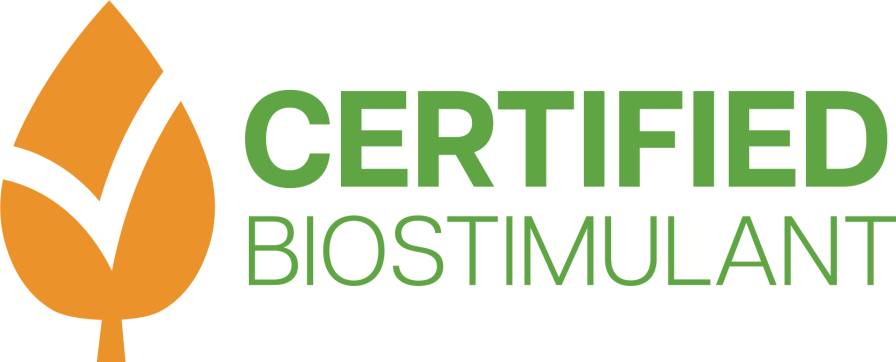The Glyphosate Debate: Science (Finally) Fights Back!
Recently, while I was attending the AgriBusiness GlobalSM Trade Summit, one of the major topics of conversation was the plight of glyphosate these days. “This whole episode is a major black eye on our industry,” was a phrase I heard uttered over and over by various attendees at the event. In fact, one speaker from Europe put it best: “We’ve always relied on science over emotion in agriculture to justify our positions. And we’ve always lost that fight.”
For emphasis, this individual pointed to how this battle between science and emotion has played out in Europe. For several years the various members of the European Union (EU) have systematically bowed to emotional pressure from special-interest groups that want glyphosate use completely banned across the continent. This has happened even though numerous legislative and scientific bodies within the EU have repeatedly certified glyphosate as “safe.” Indeed, Austria recently became the first EU country to ban the use of glyphosate within its borders while EU scientific leaders stood idly by and said nothing.
Over the past year, this type of “science over emotion” mindset has also taken hold in a key part of the U.S. — the nation’s courtrooms. Last summer a jury in California found glyphosate at fault for causing a form of cancer in a groundskeeper and awarded him a multi-million-dollar settlement. This was followed by another California lawsuit in which a couple who blamed their cancers on glyphosate use was awarded a multi-billion-dollar judgment. In both cases the juries ruled against glyphosate and its owner, Bayer, despite being presented with volumes of scientific evidence supporting the herbicide’s safety record.
At times it seemed as if the scientific community would never step up to fight back against this wave of emotional condemnation of glyphosate. But it has finally happened!
In early August the EPA came to glyphosate’s defense, citing science. In an Aug. 7 letter the agency said it would no longer approve product labels claiming that glyphosate is known to cause cancer, contending such a destination is “a false claim that does not meet the labeling requirements of the Federal Insecticide, Fungicide & Rodenticide Act.” EPA went on to say that this action is based upon its comprehensive evaluation of glyphosate.
“It is irresponsible to require labels on products that are inaccurate when EPA knows the product does not pose a cancer risk,” wrote Administrator Andrew Wheeler. “It is critical that federal regulatory agencies like EPA relay to consumers accurate, scientific-based information about risks that pesticides may pose to them.”
For hundreds of years science has helped society move forward, figuring out ways to combat deadly diseases, more efficiently grow crops, and even put a man on the moon. It’s comforting to know that even in this “emotion-driven” social media age, science will “step up” when it is in the right.






